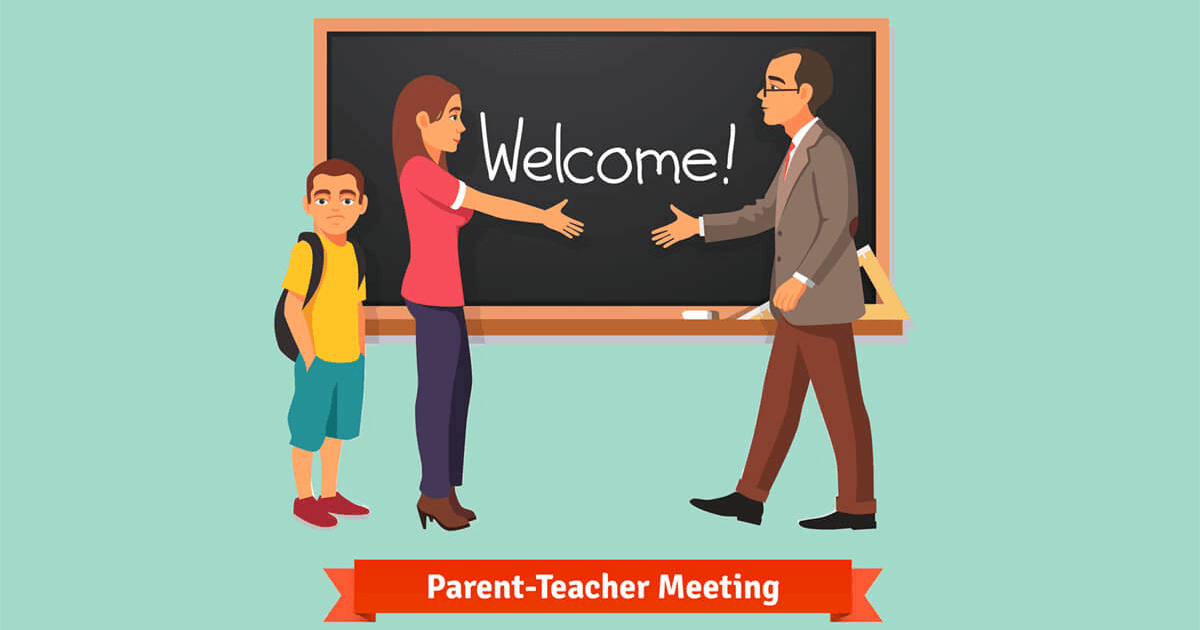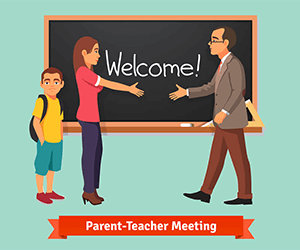Parents and guardians play an essential role in elementary school learning, but effectively reaching them can be an ongoing challenge for even veteran elementary school teachers.
From offering a simple smile to fostering a sense of trust, below are nine tips key to effectively communicating with parents.
- Be warm.
A little friendliness goes a long way, especially when it comes to elementary school parent-teacher communication. Whether you’re communicating via email, text, or in person, be warm, be welcoming, and offer encouragement. When you see parents in person, smile, shake hands, and make eye contact. - Be positive.
Effective communication between parents and teachers starts with positivity. When contacting a student’s parent or guardian, start out by saying something positive about him or her. Like friendliness, a little positivity goes a long way. - Foster a sense of trust.
The basis of effective communication with parents also starts with trust. It’s essential for parents to trust their child’s teacher. When speaking to parents, assure them that everything you discuss is confidential and that as an elementary school teacher, you always have your students’ best interests at heart. - Communicate often.
Also make sure to communicate often! A common mistake amongst elementary school teachers, as well as secondary educators, is simply not communicating enough, or only reaching out when there’s a problem. Communicate regularly with parents and they won’t be on high alert when they hear from you! - …and in forms that work for parents and guardians.
One size does not fit all when it comes to parent-teacher communication, in elementary school and otherwise. From apps, message boards, and email to social media, texting, and phone calls, find out what communication tools work best for parents and guardians, then stick with it.
- Make parents feel valuable.
Great parent-teacher communication, especially in elementary school, starts with making parents feel valuable. All parents and guardians have something worthwhile to offer your classroom, whether it’s helping at an event or speaking to students about their occupation. Encourage them to participate and share their strengths. - Acknowledge involvement.
Parents are not required to participate in their child’s education. Whether it’s a parent or guardian taking the time out of his or her day to meet with you or participating in school events, it’s important for elementary school teachers to acknowledge contributions and express thanks. - Ask questions (and listen!).
When talking to elementary school parents, ask questions. Not just about your students’ study habits, but about their interests. Listen and absorb the information. Ask follow-up questions. You’ll be surprised how much you can learn about not only your students, but their families, too. - Don’t make assumptions.
No teacher, elementary or otherwise, should ever make assumptions about a student’s home life. Don’t assume a student lives with two parents or any parent at all. Also don’t assume that English is a parent or guardian’s native language. Be mindful of the fact that families come in all shapes, sizes, and backgrounds.
Reach students and families with skills from a BS in Elementary Education
Whether you study on campus or online, a bachelor of science (BS) in elementary education will provide you with the foundation you need to become a successful certified elementary school teacher. The right program, however, will go beyond the basics of elementary education by equipping you with strategies to forge positive relationships and communicate effectively with parents and families.
Walden University’s online BS in elementary education program prepares educators to engage with students and families to promote healthy development and learning. Ideal for busy professionals and aligned with national professional standards and licensure requirements, its unique online format enables those with work and family commitments to earn a bachelor of science in elementary education from the comfort of home.
Discover how Walden’s online BS in elementary education program can prepare you to support the growth and learning of all children in today’s highly diverse classrooms while effectively communicating with their families.





